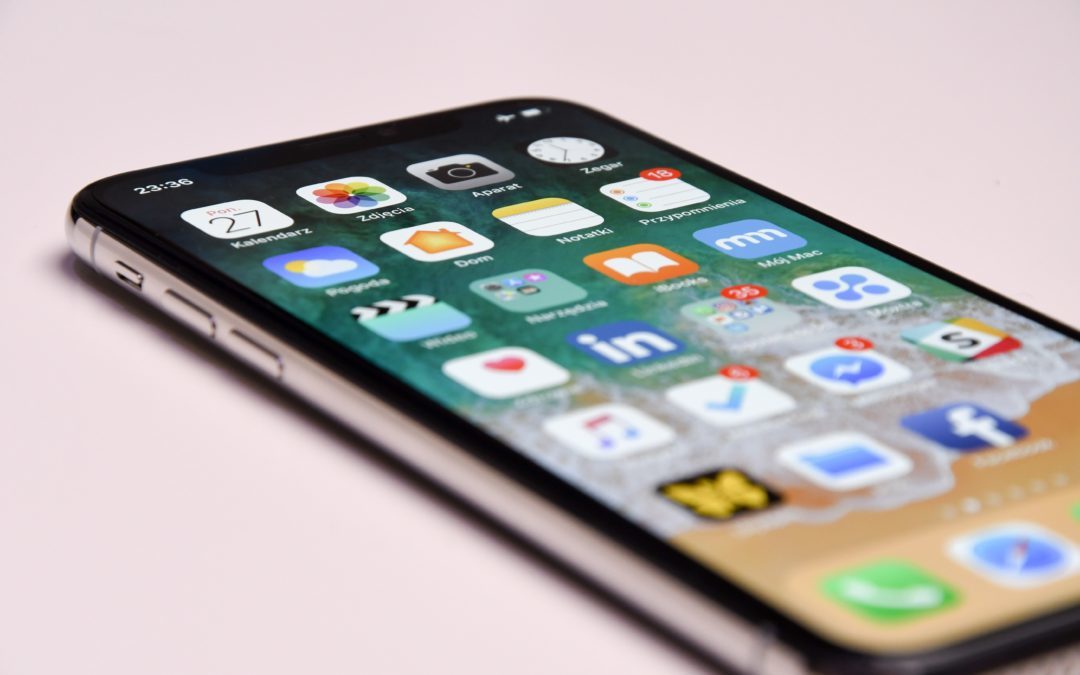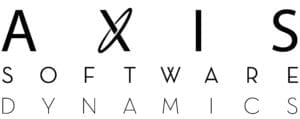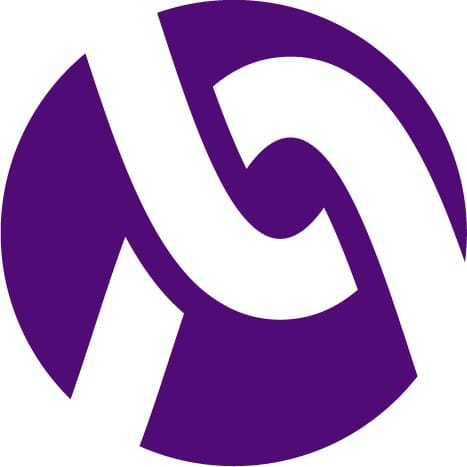This is becoming an age-old discussion like PC vs Mac. It ultimately comes down to making a decision based upon certain metrics of your business. What needs to be considered is who is using the devices and what applications are required. Flexibility and some other aspects will also need to be considered.
Apple and Google have been battling it out for a long time to be that device you hold dearly in your hand, but which really comes out on top for business?
Device Management
A long time ago people did have multiple phones, for business and personal. But that was due to the number assigned to the phone, now it’s hard to remember or comprehend this. Both Android and iOS allow for separate profiles and can even merge certain apps like emails. You can get both personal and business emails for different accounts but without switching profiles.
For iOS this comes as a standard implementation, multiple profiles that are recognizable by the underlying system to separate personal and private life. Photos you took at work for example won’t be mixed in with those beach and cocktail pictures.
Android does this via ‘Android for work’ but can act similarly to its competitors’ default. It provides a way for you to decide, but iOS is how they want you to use it. Android can give employers access to a business profile on the device. But the employee can still have a separate private profile that’s only accessible to them.
Price
This is going to be short. Everyone understands iOS devices are going to be the more expensive option, but they can provide value overtime as the updates are guaranteed by Apple for up to 6 years. Apple does provide packages for businesses, which makes things cheaper, and they have a very wide range of products which can be included like watches too.
Android has more flexibility, there are many new devices from multiple companies that offer cheaper hardware but with the same operating system. This benefit over Apple allows even smaller businesses to equip their entire teams with devices, and at an affordable price. Apple devices could have better performance, but you are limited to only their products.
Application Availability and Utility
The majority of all major applications and big companies run on both platforms, they have accepted that to reach their audience they have to incorporate both. Google’s Suite of applications is a prime example. Even though Google owns Android they still make all their apps available on iOS.
iOS does tend to have certain applications released first. But both are mostly balanced when it comes to the apps you want to use for a business. One thing to consider carefully is custom applications and utility. Does your business have a current application and is it restricted to only one platform?
Custom Applications
Custom applications are a good way to ensure you get what is right for your business. iOS apps can be developed faster. But an Android app can give you better flexibility thanks to the utilities and system controls. If you’re looking for an app for either iOS or Android, contact us at Axis Software Dynamics. We are always available to build exactly what is right for your business.






